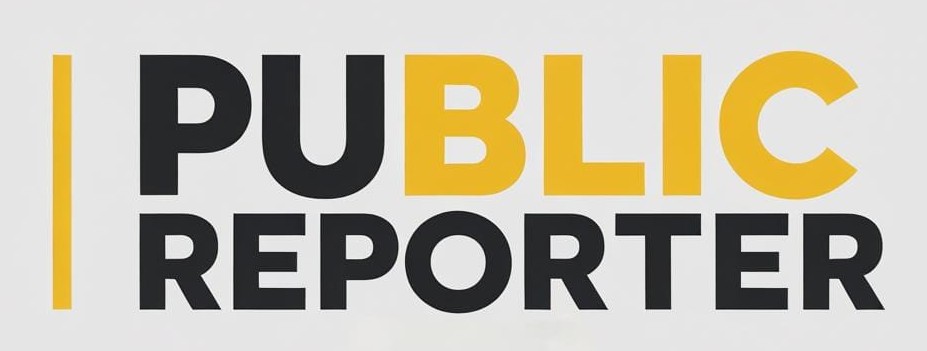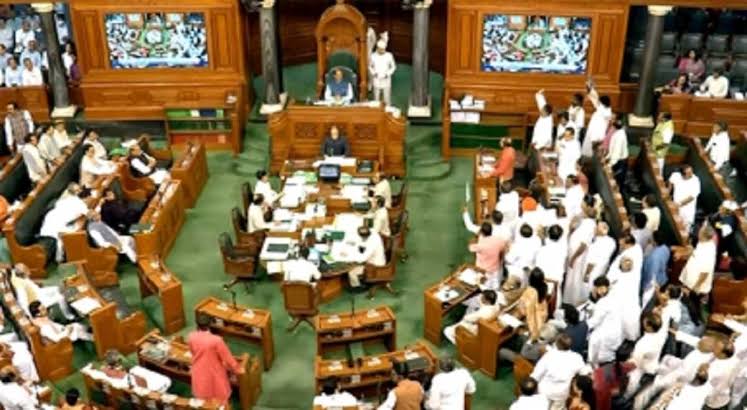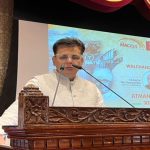by | arvind jadhav | political news
New Delhi: The trilingual formula in Maharashtra will continue, with the central government clarifying its stance on the compulsion of Hindi in the state’s educational curriculum. Amidst heated debates and opposition from various parties and organizations in Maharashtra regarding making Hindi compulsory, the state government withdrew two Government Resolutions (GRs) related to the trilingual formula. Following this withdrawal, a committee chaired by Narendra Jadhav has been appointed to study the trilingual formula thoroughly and provide a detailed report before any further decisions are made regarding the implementation of languages in the curriculum. The developments highlight the significance of language policies in educational frameworks and the balance between state autonomy and national guidelines.
Central Government’s Stance on Language Choice
The Union Minister of State for Education, Pankaj Chaudhary, clarified in a written reply to a Lok Sabha query that the decision on which languages to teach in the three-language formula lies with the state government. The central government has stated there’s no coercion regarding language choice in the trilingual formula, emphasizing state-level autonomy in deciding the languages to be taught. According to Chaudhary, the national education policy expects two of the three languages taught in schools to be Indian languages, aligning with broader linguistic and cultural considerations in education. This clarification from the central government underscores the importance of state-specific needs and preferences in determining language curricula.
Decision on Hindi Compulsion in Maharashtra
Whether Hindi will be a compulsory subject in Maharashtra will be decided by the state government based on the outcomes of the committee’s study and considerations of the trilingual formula. The central government has communicated that the choice of languages in the trilingual formula is a state-level decision, allowing Maharashtra to tailor its language education policy according to local needs and sentiments. The ongoing debate reflects the complexities of language policy in a multilingual country like India, where balancing national integration with regional linguistic identities is a key consideration. The state government’s decision will likely take into account the recommendations of the Narendra Jadhav committee and broader stakeholder consultations.








